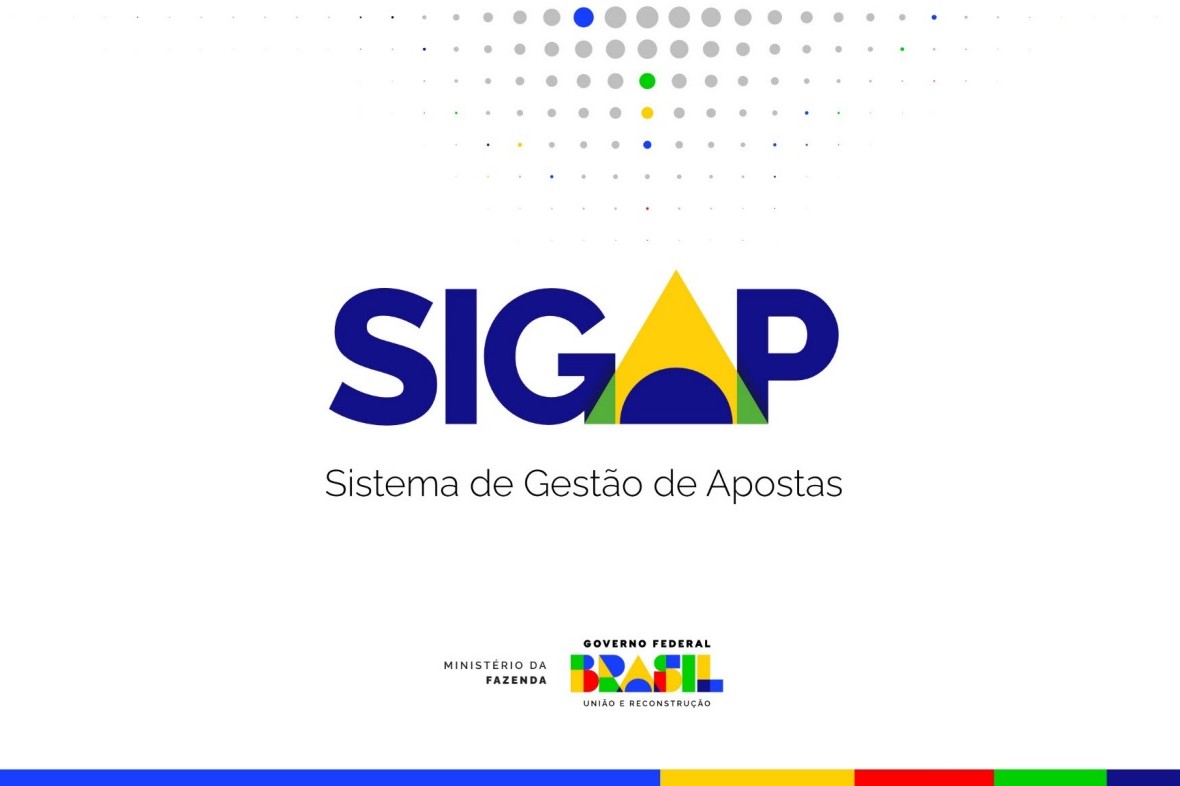Image: SIGAP’s Guide
In another step towards regulating the sports betting sector in Brazil, the Secretariat of Prizes and Betting (SPA) of the Ministry of Finance has launched a guide to access the Betting Management System. Known as SIGAP, it was introduced following the publication of Ordinance No. 827, which set the rules for exploiting this market in the country.
Through SIGAP, licenses will be granted to sports betting operators. This technological solution also enables the regulation, monitoring, and supervision of the fixed-odds betting market, commonly known as “bets.” Registration in SIGAP is mandatory for all companies intending to operate in this sector.
According to the document, the guide “aims to assist System users by providing information on the main functionalities of SIGAP’s authorization module,” outlining the step-by-step process for registration. Access will be available via an electronic address within the Ministry of Finance’s domain.
There are two access environments described in the guide:
- Public access, where all interested parties can access information available to the general public without the need for registration or authentication; and
- Restricted access, intended for agents of the Secretariat of Prizes and Betting of the Ministry of Finance and legal entities interested in obtaining a license to operate the fixed-odds lottery betting modality in Brazil and those authorized by them.
In the publication of Ordinance No. 827, the SPA stated that it would respond by December 31, 2024, to all applications made within 90 days after the publication. This period ends on August 21 and must be followed by all betting houses wishing to obtain a license to operate from January 1, 2025. After this date, those operating in the country without SPA authorization will be subject to penalties.
Applications can be submitted at any time, even after August 21. However, in this case, the SPA’s review period will be 150 days from the filing of the request. Interested operators must present documents proving their legal qualification, fiscal and labor regularity, integrity, economic-financial qualification, and technical qualification of the interested company.





